Godzilla Minus One: A Descent into Despair and the Reimagining of a Traditional Monster
Associated Articles: Godzilla Minus One: A Descent into Despair and the Reimagining of a Traditional Monster
Introduction
With nice pleasure, we’ll discover the intriguing matter associated to Godzilla Minus One: A Descent into Despair and the Reimagining of a Traditional Monster. Let’s weave attention-grabbing data and provide contemporary views to the readers.
Desk of Content material
Godzilla Minus One: A Descent into Despair and the Reimagining of a Traditional Monster
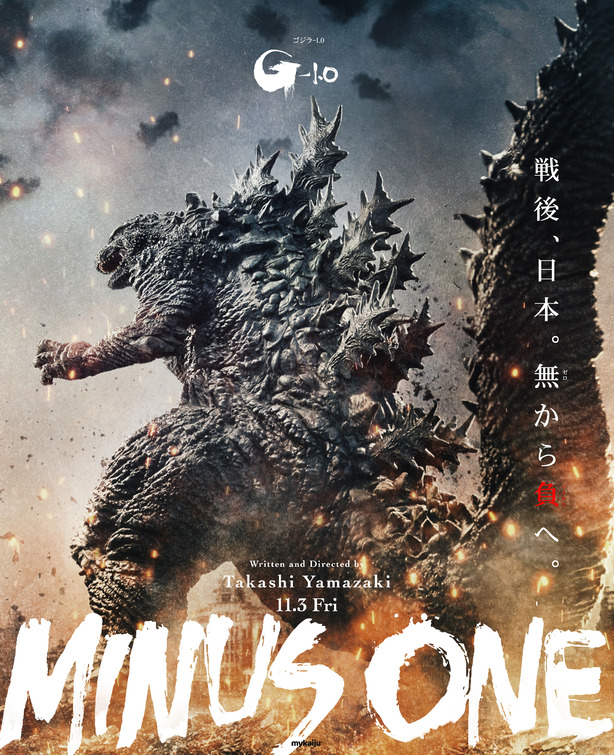
Toho’s Godzilla Minus One is not simply one other entry within the long-running Godzilla franchise; it is a deliberate and infrequently brutal reimagining of the long-lasting monster’s influence on humanity. Whereas earlier movies have explored the scientific, political, and societal ramifications of Godzilla’s presence, Minus One delves into the psychological devastation, portraying a nation grappling not simply with bodily destruction however with a profound sense of existential dread. This is not a movie about defeating Godzilla; it is about surviving him, and the agonizing toll that survival takes.
The movie opens in post-war Japan, a nation nonetheless recovering from the atomic bombings of Hiroshima and Nagasaki. This historic context is essential, offering a fertile floor for the emotional core of the narrative. The scars of the previous are palpable, mirroring the injuries inflicted by Godzilla’s devastating assaults. The very panorama is scarred, a relentless reminder of the monster’s energy and the fragility of human existence. This is not a vibrant, bustling Japan; it is a nation perpetually on the brink, haunted by the specter of annihilation.
Not like earlier iterations, Godzilla in Minus One isn’t a product of nuclear testing or genetic mutation. His origin stays largely shrouded in thriller, contributing to the pervasive sense of unease and helplessness. This ambiguity is a strong storytelling machine, reinforcing the sensation that Godzilla is an unstoppable drive of nature, a manifestation of a collective trauma that can’t be simply defined or overcome. He’s not a creature to be understood or reasoned with; he’s a harmful drive that merely is.
The movie facilities round Lieutenant Colonel Kyohei Yamane, performed with a compelling depth by Takumi Kitamura. Yamane is a embellished soldier burdened by the horrors he witnessed throughout the warfare, a person haunted by the ghosts of his previous and struggling to reconcile his army coaching with the overwhelming powerlessness he feels within the face of Godzilla. His character arc types the emotional spine of the narrative, mirroring the nation’s wrestle to deal with the seemingly countless onslaught of destruction. Yamane’s journey is not one in all triumph, however of grim acceptance, of tolerating the insufferable.
The movie masterfully makes use of its visible storytelling. The cinematography is breathtaking, capturing each the awe-inspiring scale of Godzilla and the intimate devastation wrought upon the Japanese panorama. The destruction is visceral, brutal, and unrelenting. The movie would not shrink back from depicting the horrific penalties of Godzilla’s assaults, showcasing the size of the devastation in a means that feels each sensible and profoundly unsettling. Using shade can be important, typically using muted tones to mirror the pervasive sense of despair and hopelessness.
Godzilla Minus One cleverly subverts expectations. Whereas earlier movies typically featured a climactic battle the place humanity rallies collectively to defeat Godzilla, this movie takes a special method. There is no grand, triumphant victory. As a substitute, the main target is on survival, on the relentless wrestle to endure. The movie’s ending is ambiguous, leaving the viewers with a lingering sense of unease and uncertainty. It is a reflection of the truth of dealing with an unstoppable drive – the combat is not about successful, however about discovering a solution to exist within the shadow of unimaginable energy.
The movie’s themes of nationwide id and resilience are explored via the eyes of its various solid of characters. We see the unwavering dedication of the army personnel, the unwavering help of the civilian inhabitants, and the quiet acts of braveness amidst the chaos. Nevertheless, the movie would not shrink back from depicting the interior conflicts and ethical dilemmas confronted by these struggling to outlive. The movie would not provide simple solutions or simplistic options; it acknowledges the complexities of human nature and the enduring energy of hope even within the face of utter despair.
The portrayal of Godzilla himself is a major departure from earlier iterations. Whereas retaining the long-lasting design, the monster in Minus One feels extra primal, extra terrifying. He’s much less a creature of science and extra a drive of nature, a manifestation of the uncooked, untamed energy of the earth itself. His actions are deliberate and terrifying, his roars echoing the primal screams of a world in chaos. This new interpretation provides a layer of psychological horror to the movie, enhancing the sense of dread and helplessness.
The movie’s soundtrack enhances the visible storytelling completely. The music is each epic and melancholic, reflecting the size of the destruction whereas additionally underscoring the emotional turmoil of the characters. The rating amplifies the sense of dread and despair, creating a really immersive and unforgettable cinematic expertise. The sound design is equally spectacular, capturing the roar of Godzilla with terrifying realism and the sounds of destruction with heart-wrenching accuracy.
Godzilla Minus One isn’t a movie for the faint of coronary heart. It is a darkish, brutal, and emotionally difficult expertise. It is a movie that forces the viewers to confront the fragility of human existence and the enduring energy of despair. Nevertheless, it is also a movie of outstanding artistry and emotional depth. It is a testomony to the enduring energy of the Godzilla mythos and a strong exploration of the human situation within the face of overwhelming adversity.
The movie’s legacy will seemingly be debated for years to come back. Some might criticize its bleak outlook and lack of a standard "completely happy ending." Others will reward its unflinching realism and its exploration of advanced themes. No matter particular person opinions, Godzilla Minus One is undeniably a major contribution to the Godzilla franchise, a movie that dares to problem expectations and push the boundaries of the style. It is a movie that stays with you lengthy after the credit roll, a haunting reminder of the enduring energy of concern and the resilience of the human spirit. It is a movie that deserves to be seen and mentioned, a movie that redefines what a Godzilla film may be. It is a descent into despair, sure, nevertheless it’s additionally a testomony to the enduring energy of survival within the face of unimaginable horror. In a world the place monsters reign supreme, it’s a strong reminder of the human capability to endure.

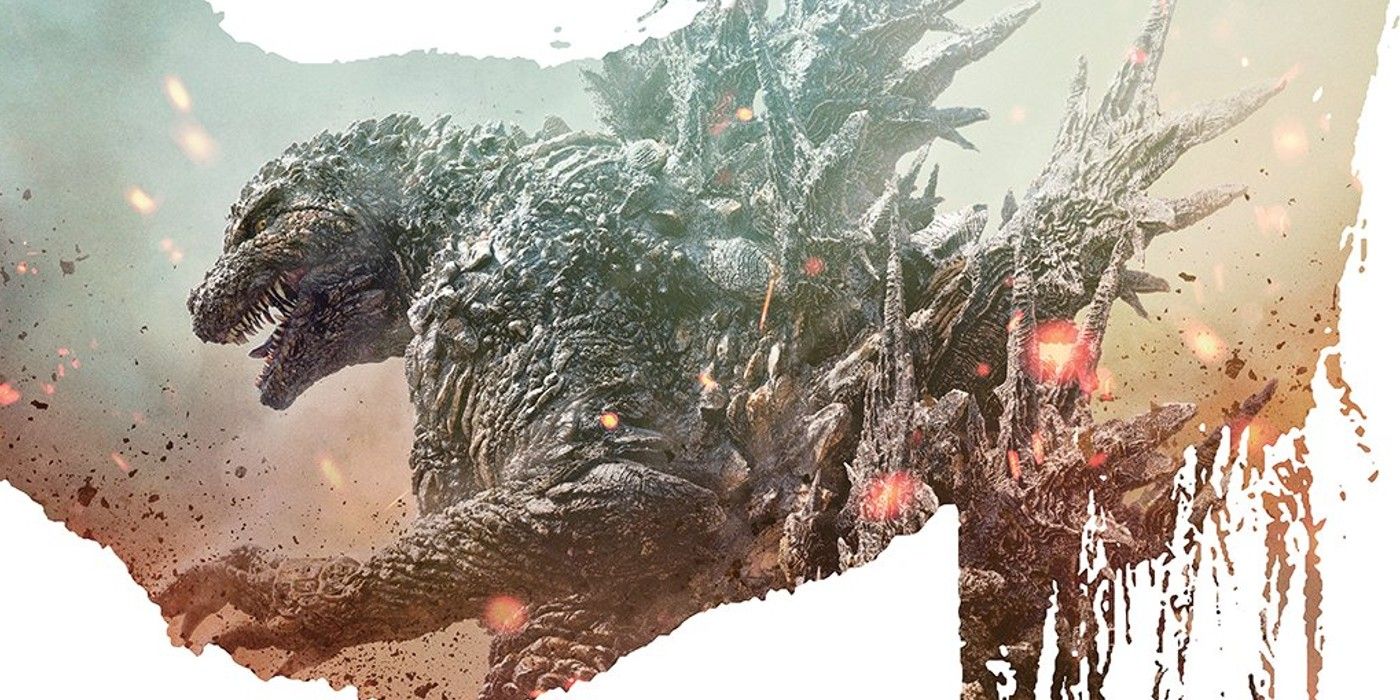
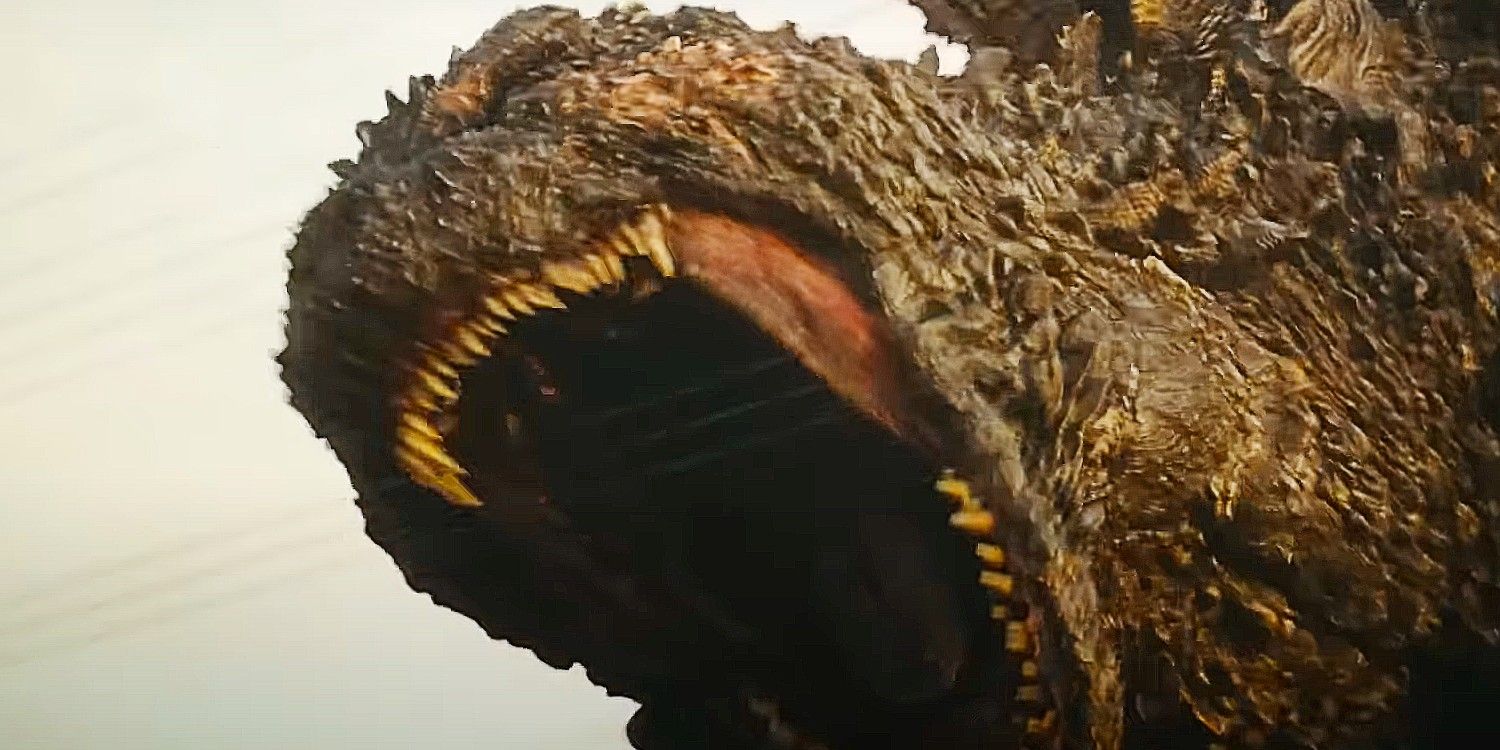



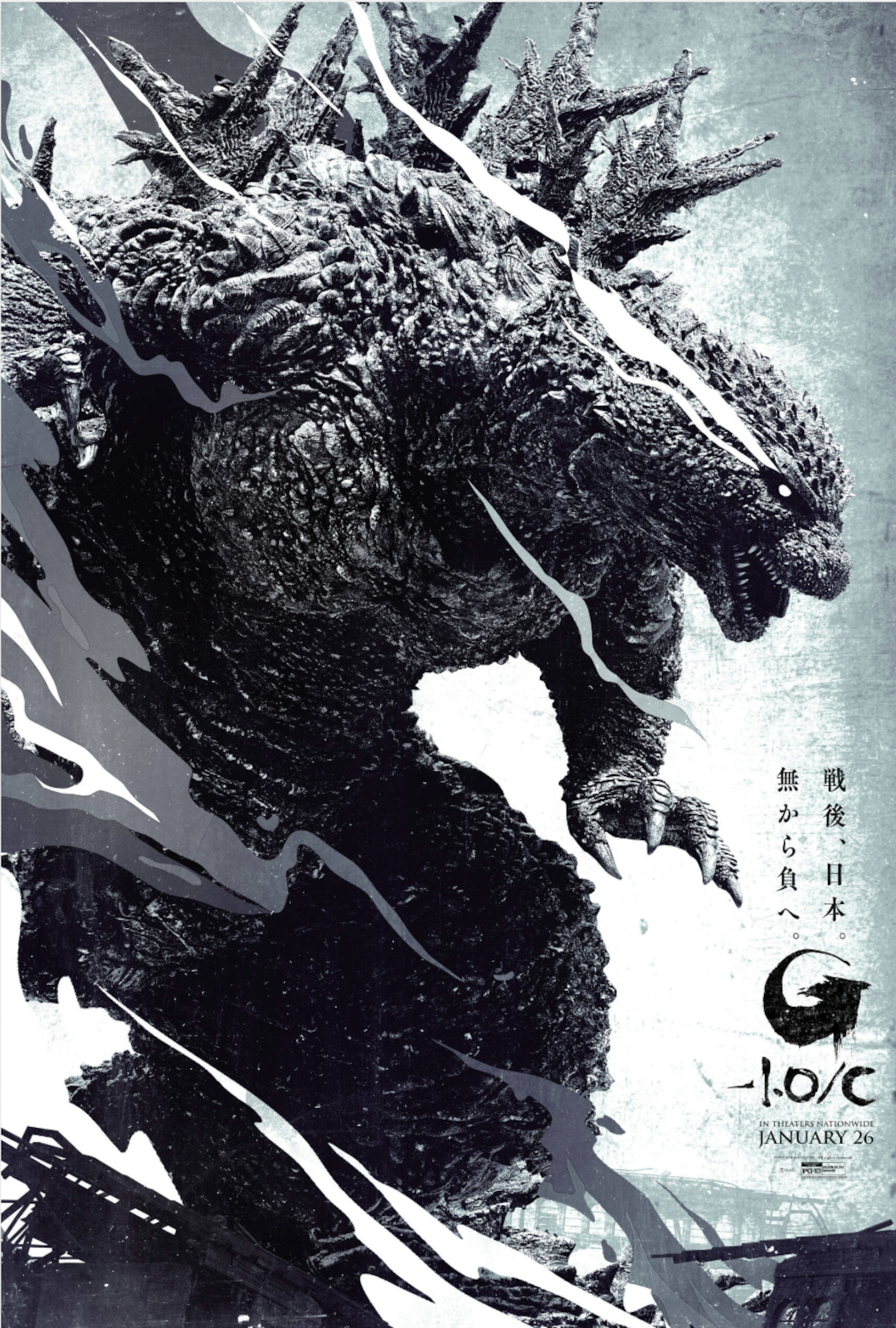
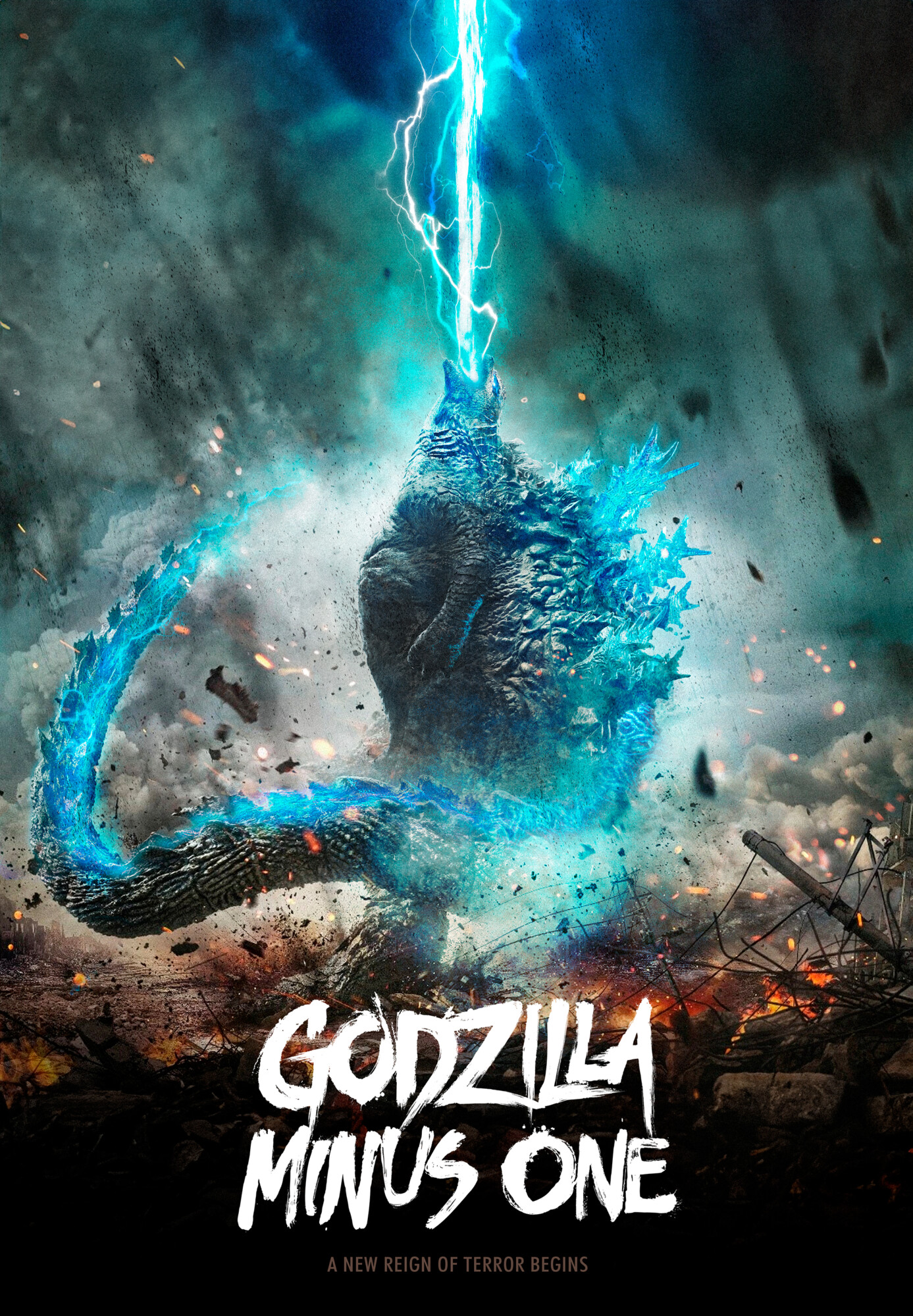
Closure
Thus, we hope this text has supplied useful insights into Godzilla Minus One: A Descent into Despair and the Reimagining of a Traditional Monster. We hope you discover this text informative and helpful. See you in our subsequent article!